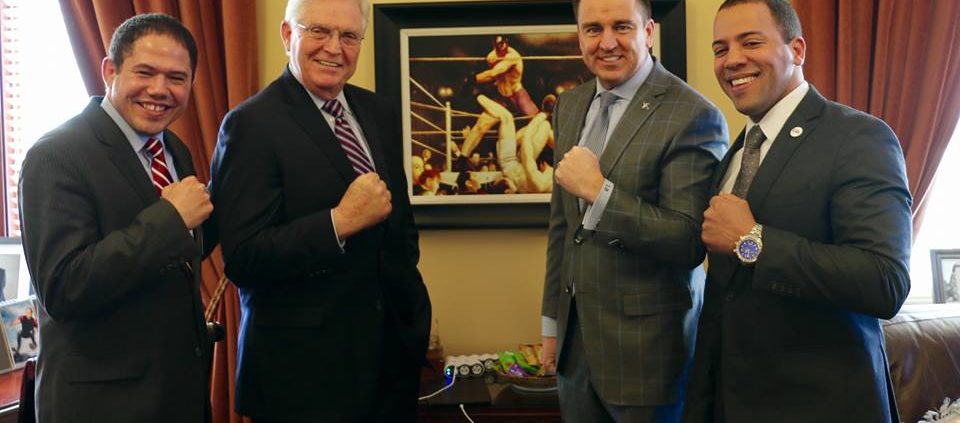Utah bans life without parole for children
Utah has banned the practice of sentencing children to life in prison without the possibility of parole.
Gov. Gary Herbert signed into law HB 405, which was sponsored by Rep. V. Lowry Snow. Utah is the second state to ban the practice this year, following South Dakota. They join states such as Wyoming, Nevada and West Virginia in implementing less punitive accountability measures for children.
“Utah’s criminal justice system has long recognized the fundamental difference between children and adult offenders,” said Rep. Snow. “Passage of HB 405 is an expression of that important recognition and it provides a clear statement of Utah’s policy regarding the treatment of children placed in custody for serious offenses.”
This law brings to 16 the number of states that ban life-without-parole sentences for people who were younger than 18 at the time of their crimes. In five other states, life without parole is banned in for children under most circumstances.
“By banning life without parole for children, Utah policymakers affirmed that we are all more than the worst thing we have ever done,” said Jody Kent Lavy, director and national coordinator at the Campaign for the Fair Sentencing of Youth. “Adolescent development research affirms that children – even those who commit serious crimes — possess a unique capacity for change and rehabilitation. Rather than sentencing them to die in prison, we should hold children who commit serious crimes accountable in ways that account for their age at the time of the crime, relevant childhood experiences, and their capacity for change.”
The U.S. Supreme Court, drawing in part on adolescent development research, has said that children are “constitutionally different” from adults and should not be subject to our country’s harshest penalties.
“No child is beyond redemption, which is why youth should never be sentenced to die in prison,” said Xavier McElrath-Bey, youth justice advocate at the CFSY. “I am proof of this. Like many of the people serving these sentences, I experienced severe abuse and neglect as a child. Unfortunately, I joined a gang for a sense of family, and at 13, I was responsible for the tragic death of another child. Today, at age 40, I live out my eternal apology by giving back to my community and fighting for the rights and integrity of all children in the justice system. Fortunately, the children of Utah will now too have the opportunity to prove that they are better than their worst act.”
The CFSY, which advocates for age-appropriate, trauma-informed accountability for children, worked with advocates, legislators and others in Utah to provide education and information about the need for change in juvenile sentencing laws and practices.
“I am so proud to live in a state where the legislature and our community recognize children are different from adults, said Pamela Vickery, executive director of the Utah Juvenile Defender Resource Center. “We still have work to do but HB405 is of great significance because it recognizes the unique children and circumstances we see in the justice system, as well as embraces as a community a broader policy and approach toward how we treat the children and families we see. The work by the Campaign for Fair Sentencing and legislators like Representative Snow have had an enormous impact for the children of Utah.”
Pictured above, from left: James Dold, CFSY advocacy director; Utah Rep. V. Lowry Snow, who sponsored HB 405; Speaker of the Utah House of Representatives Greg Hughes; Xavier McElrath-Bey, CFSY youth justice advocate.
Fairsentencingofyouth.org
Contact:
James D. Ross II
Director of Communications
Campaign for the Fair Sentencing of Youth
202-289-4677, ext. 17 (office)
504-906-9123 (mobile)
[email protected]



